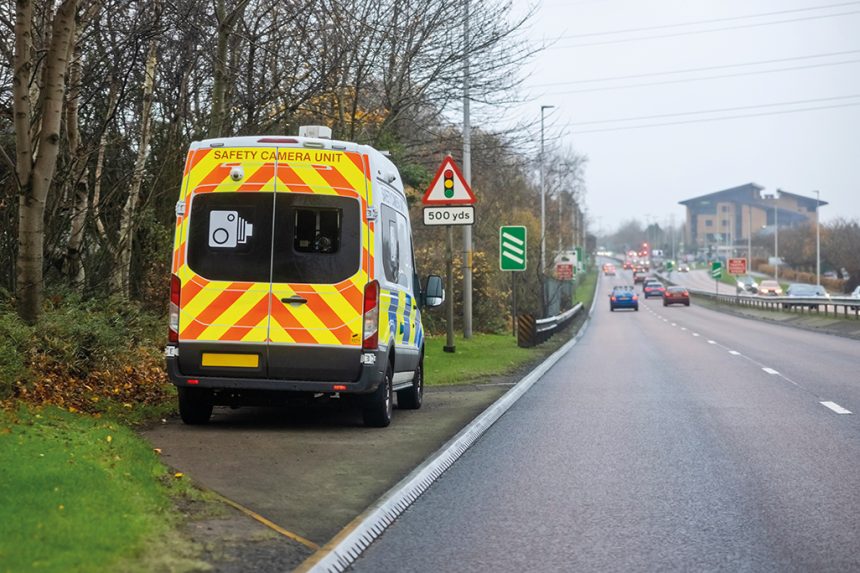JMW Solicitors’ coach and bus legal advice column this month centres on speeding notifications and neonatal care leave
I have received a formal request from the police to provide information relating to the driver of one of our vehicles who is alleged to have committed a speeding offence. What do I need to do?
The request you have received is a formal request under Section 172 of the Road Traffic Act 1988 for information relating to the identification of the driver of the vehicle.
You have received this as the registered keeper of the vehicle or, if you hire/lease the vehicle, because the hire/lease company has identified you as the entity using the vehicle.
You have a legal obligation to respond and provide the details requested.
If you fail to respond (or fail to do so within the permitted 28-day timeframe), you could be prosecuted for an offence and receive a fine of up to £1,000.
Individuals, such as sole traders, could also receive six penalty points. Any conviction for such an offence would require notification to the Traffic Commissioner in accordance with your O-Licence conditions.
The first thing you should do is identify the driver and respond (within the 28-day timeframe) by providing their details.
Also conduct an internal investigation of the alleged offence and deal with the driver’s alleged misconduct through your disciplinary process. Do this promptly – you do not need to await the outcome of the criminal process.
Document the fact you have responded (you may need to rely on this later, for example, if it is alleged that you failed to respond).
If you are unable to identify the driver, you should still respond, explaining and evidencing the steps you have taken to try to ascertain the identity of the driver.
If you provide inadequate information (or none at all), you will be prosecuted.
Once you have provided the driver’s information, the driver will receive their own formal request from the police asking them to confirm that they were the driver of the vehicle at the time of the alleged offence.
Prosecution of the driver for the alleged speeding offence will then follow.
Monitor the progress of the criminal process so you are aware of any eventual conviction, as this will require notification to the Traffic Commissioner.
What is the new right to neonatal care leave?
The Neonatal Care (Leave and Pay) Act 2023 came into force on 6 April and will grant up to 12 weeks of additional paid leave to working parents whose babies require neonatal care.
Key provisions:
- Eligibility – All employees are entitled to neo-natal leave from the first day of employment. To qualify for paid leave, employees must have 26 weeks of service with their employer and earn at least the lower earnings limit of £187.18 from April.
- Duration – Up to 12 weeks of leave, based on the time a baby spends in neonatal care (for at least seven continuous days within the first 28 days of life).
- Statutory pay – Eligible employees will receive statutory neonatal care pay at a rate similar to statutory maternity and paternity pay.
- Protection from dismissal – Employees using neonatal leave will be legally protected from unfair dismissal or detriment for exercising this right.
This is inevitably going to cause additional financial burden for operators as, currently, employees are required to use existing statutory entitlements (such as maternity, paternity and shared parental leave) and fathers and non-birthing parents often rely on unpaid time off.
Operators should, however, update their employment policies to reflect the changes and consider whether they wish to provide an enhanced entitlement.
Operators will also need to provide training so that managers and those dealing with HR matters internally are aware of the changes and can advise employees accurately in respect of their updated entitlements.
[Answers by Laura Hadzik, Partner; Rachel Steel, Solicitor]
Further coach and bus legal Q&A columns



























